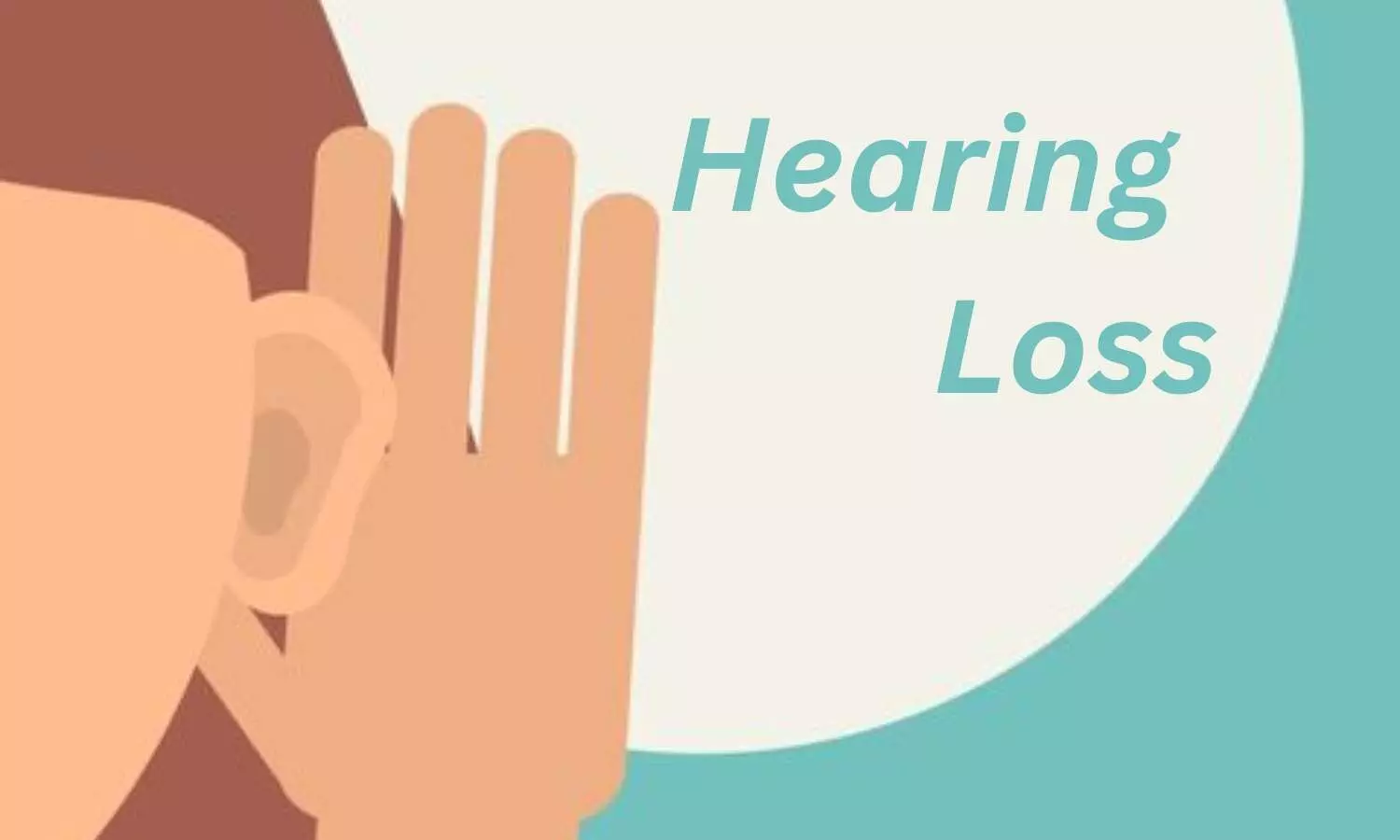- Home
- Medical news & Guidelines
- Anesthesiology
- Cardiology and CTVS
- Critical Care
- Dentistry
- Dermatology
- Diabetes and Endocrinology
- ENT
- Gastroenterology
- Medicine
- Nephrology
- Neurology
- Obstretics-Gynaecology
- Oncology
- Ophthalmology
- Orthopaedics
- Pediatrics-Neonatology
- Psychiatry
- Pulmonology
- Radiology
- Surgery
- Urology
- Laboratory Medicine
- Diet
- Nursing
- Paramedical
- Physiotherapy
- Health news
- AYUSH
- State News
- Andaman and Nicobar Islands
- Andhra Pradesh
- Arunachal Pradesh
- Assam
- Bihar
- Chandigarh
- Chattisgarh
- Dadra and Nagar Haveli
- Daman and Diu
- Delhi
- Goa
- Gujarat
- Haryana
- Himachal Pradesh
- Jammu & Kashmir
- Jharkhand
- Karnataka
- Kerala
- Ladakh
- Lakshadweep
- Madhya Pradesh
- Maharashtra
- Manipur
- Meghalaya
- Mizoram
- Nagaland
- Odisha
- Puducherry
- Punjab
- Rajasthan
- Sikkim
- Tamil Nadu
- Telangana
- Tripura
- Uttar Pradesh
- Uttrakhand
- West Bengal
- Medical Education
- Industry
High dose of steroids not superior to low dose glucocorticoids in patients with sudden hearing loss

Germany: A recent study has shown systemic high-dose glucocorticoid therapy to be non-superior to a lower-dose regimen in patients with idiopathic sudden sensorineural hearing loss (ISSNHL) and was associated with a higher risk of side effects.
The results, published in the journal NEJM Evidence, also raise doubts about the efficacy of the standard treatment itself. According to conservative estimates, several hundred thousand people around the world suffer from sudden hearing loss each year.
The main results of a large-scale Germany-wide randomized controlled trial with more than 300 patients led by the University Medicine Halle is that in case of sudden hearing loss, high-dose therapy with common medications is not more effective than standard treatment but is associated with a higher risk of side effects.
Sudden hearing loss is often treated with anti-inflammatory drugs, so-called glucocorticoids, which are similar to cortisone. “There have been assumptions that a very high systemic dose of glucocorticoids administered over a short period has a superior effect compared to the standard treatment. We systematically investigated and compared the effects of different treatment strategies in the largest clinical trial with systemic glucocorticoids so far.” explains Professor Stefan Plontke, coordinating investigator of the trial and director of the Department of Otorhinolaryngology, Head and Neck Surgery at University Medicine Halle. As part of the trial, 325 patients from 39 sites across Germany were randomly assigned to three treatment groups. One group received the standard treatment, while the other two groups received a significantly higher dose of either the same drug or a similar substance. The team then looked at the extent of hearing improvement after 30 days and which side effects occurred.
“A higher dose of glucocorticoids did not result in better outcomes compared to the standard therapy. However, adverse events occurred more frequently. These included elevated blood sugar levels or a rise in blood pressure in patients with pre-existing high blood pressure,” says Plontke. Despite immediate treatment with glucocorticoids, symptoms persisted in the majority of patients in all groups. Even in the group with the standard therapy, which had the best results after 30 days, 60 percent of the patients had not fully recovered.“ Although these drugs have been used for 50 years as the worldwide standard of care for sudden hearing loss, their value in the treatment of idiopathic sudden sensorineural hearing loss remains unclear. Whether treatment with glucocorticoids is more effective, equal to or even less effective than a placebo, needs to be investigated in a follow-up trial,” explains Plontke. According to the specialist, there is an increasing need for new drug treatment options for sudden hearing loss.
Background
Hearing impairment affects 360 million people worldwide. A common cause is sudden sensorineural hearing loss, which occurs unexpectedly and for no apparent reason. Often only one ear is affected, but the degree of hearing loss and associated symptoms such as tinnitus and dizziness can vary widely. As part of standard treatment, high doses of systemic glucocorticoids are used to ensure that the medication reaches the intended site of effect in the inner ear. The drugs can also be injected behind the eardrum.
Reference:
Stefan K. Plontke, Matthias Girndt, Christoph Meisner, Imma Fischer, Iris Böselt, Jan Löhler, Beatrice Ludwig-Kraus, High-Dose Glucocorticoids for the Treatment of Sudden Hearing Loss, NEJM Evid, DOI: 10.1056/EVIDoa2300172.
Dr Kamal Kant Kohli-MBBS, DTCD- a chest specialist with more than 30 years of practice and a flair for writing clinical articles, Dr Kamal Kant Kohli joined Medical Dialogues as a Chief Editor of Medical News. Besides writing articles, as an editor, he proofreads and verifies all the medical content published on Medical Dialogues including those coming from journals, studies,medical conferences,guidelines etc. Before Joining Medical Dialogues, he has served at important positions in the medical industry in India including as the Hony. Secretary of the Delhi Medical Association as well as the chairman of Anti-Quackery Committee in Delhi and worked with other Medical Councils in India. Email: editorial@medicaldialogues.in. Contact no. 011-43720751


